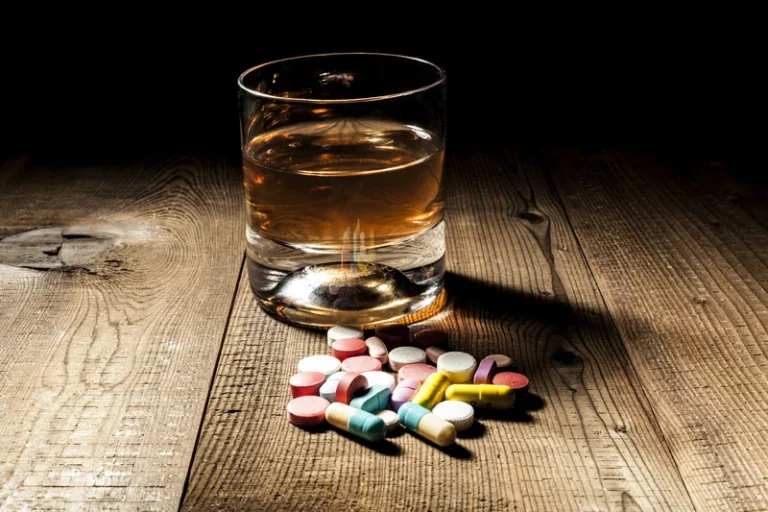
Yes, reducing alcohol consumption can help lower blood pressure, particularly if you’ve been drinking heavily or regularly. Research shows that individuals who reduce their alcohol intake to recommended levels (one drink a day for women and two for men) often see a reduction in both their systolic and diastolic blood pressure readings. Cutting back on alcohol also reduces the risk of related health issues, how does drinking affect blood pressure such as stroke, heart attack, and heart failure.
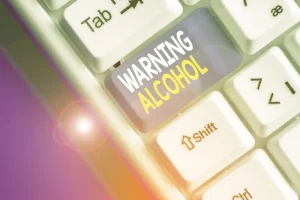
Standard Drinks
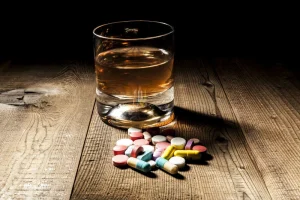
More concerning, regular binge drinking—defined as four or more drinks within two hours for women and five or more for men—can lead to long-term increases in blood pressure. Dr. Lopez-Jimenez notes that heavy drinkers can see substantial health improvements by reducing their alcohol intake to moderate levels. Such a change can decrease systolic blood pressure by about 5.5 mmHg and diastolic pressure by around four mmHg. Moderate alcohol consumption, defined as one drink a day for women and up to two drinks a day for men, may have minimal effects on blood pressure alcohol.
- Dr. Lopez-Jimenez notes that heavy drinkers can see substantial health improvements by reducing their alcohol intake to moderate levels.
- Find out the link between high blood pressure and alcohol here, plus serving suggestions and how to lower BP levels to preserve your heart health (beyond saying “no” to that bar crawl).
- Drinking more than three drinks in one day or heavy alcohol use over time significantly raises blood pressure alcohol levels.
- The Association has strict policies to prevent these relationships from influencing the science content.
- Waiting for your evening meal before you have a drink – and having your first only once you’ve started eating – is another simple way to help you cut down.
Does Alcohol Raise Blood Pressure?
- At Healthgrades, our Editorial Team works hard to develop complete, objective and meaningful health information to help people choose the right doctor, right hospital and right care.
- Drinking regularly can also contribute to unhealthy weight gain, which can make your blood pressure go up, too, per the Mayo Clinic.
- And make sure you’re drinking plenty of water between drinks and once you’ve finished drinking, to rehydrate your body.
- Almost half of all U.S. adults have high blood pressure, and only 1 in 4 of them have it under good control, according to the CDC.
- It may affect the level of the medicine in the body or cause more side effects.
- However, researchers are still seeking to understand the full impact of certain risk factors.
- The Atherosclerosis and Vascular Remodelling Group is researching the cellular and molecular mechanisms behind atherosclerosis to help prevent and treat cardiovascular disease.
This may be due to alcohol affecting the chemicals in the body that control blood vessel constriction and fluid levels. “It has calories, and calories can cause weight gain and obesity, which will lead to high blood pressure,” Dr. Mintz says. Swapping some of your usual alcoholic drinks for a tasty non-alcoholic option is an easy way to cut back. Or making a permanent switch to lower alcohol alternatives https://ecosoberhouse.com/ can be a sustainable approach to cutting down in the longer term, if you’re not ready to give up alcohol.
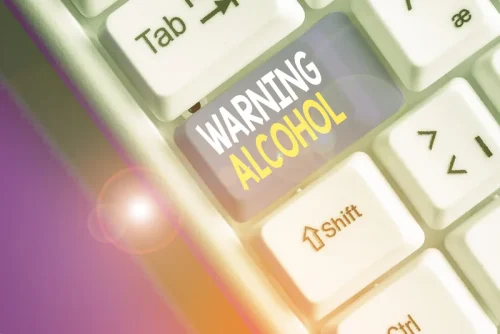
Other risks of alcohol use
- It can be dangerous to stop drinking too quickly without proper help.
- A study in the July 2020 Cochrane Database of Systematic Reviews sought to get a better handle on how, or if, drinking alcohol affects blood pressure and heart rate within a 24-hour period.
- Several factors can increase the risk of developing high blood pressure, including genetics, lifestyle choices like diet and exercise, and medical conditions such as kidney disease and sleep apnea.
- “Some of the new diabetes medications have a diuretic effect, and that could cause dehydration” in people with diabetes, Vaishnava says.
- To understand how much alcohol is too much, it may be helpful to know what excessive drinking means.
All alcoholic drinks can have a negative effect on your blood pressure, especially if you drink in excess. Unfortunately, the worst drinks for your blood pressure are, well, all of them. It’s true, all types of alcohol can have a negative effect on your BP levels. If anything, it’s more about how much you have, and how often you drink, that makes a difference. Find out the link between high blood pressure and alcohol here, plus serving suggestions and how to lower BP levels to preserve your heart health (beyond saying “no” to that bar crawl). Each study had to meet strict eligibility criteria, allowing researchers to focus on participants with no previous history of cardiovascular disease.
- This effect, combined with renin’s ability to decrease our urine output, raises blood pressure.
- Just one drink was found to raise a person’s heart rate by an average of five beats per minute over a six-hour period, per the Cochrane review.
- According to the results, one glass of alcohol has little to no effect on blood pressure, and drinking one to two standard drinks decreases blood pressure for up to 12 hours.
- Here is how drinking levels are defined according to the National Institute on Alcohol Abuse and Alcoholism.
- In general, experts suggest that people with high blood pressure shouldn’t exceed moderate alcohol consumption, which is one drink or less per day for women and two drinks or less per day for men.
- Some people wonder if specific types of alcohol, like red wine or beer, are better for blood pressure alcohol.
- For example, some beers — especially craft beers — can contain about twice as much alcohol as above.
Does the type of alcohol (beer, wine, spirits) make a difference?
If you do choose to drink, it is best to spread your drinks throughout the week. Take control of your health today by monitoring your drinking habits, staying within recommended limits, and prioritizing a lifestyle that supports heart health. Every small change can lead to significant long-term benefits for your cardiovascular system and overall well-being. Within two hours of alcohol consumption, your blood pressure alcohol may rise temporarily. This is because alcohol causes your blood vessels to constrict, increasing resistance to blood flow and raising blood pressure. Sometimes, it’s hard to avoid alcoholic beverages at social events, but excessive alcohol consumption may increase your risk of high blood pressure.
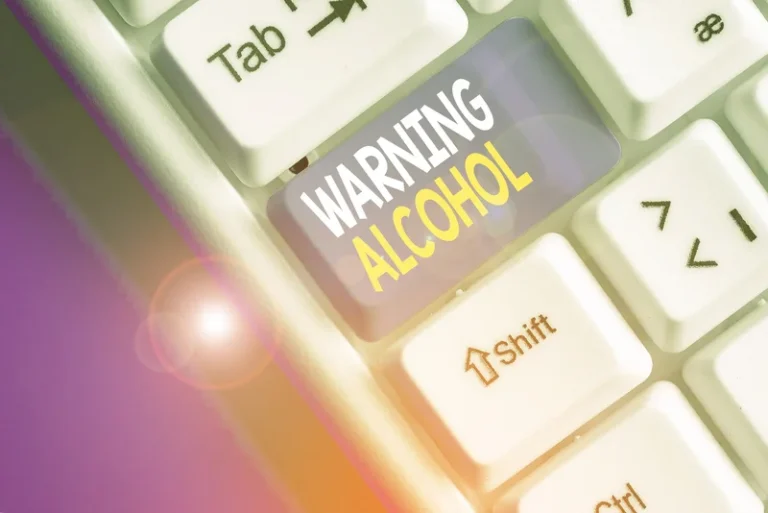
Health benefits of avoiding alcohol
Researchers also found amphetamine addiction treatment that people who drank heavily were 69% more likely to have stage 1 hypertension than people who do not drink and 2.4 times more likely to have stage 2 hypertension. Steven Nissen, MD, a cardiologist from the Cleveland Clinic, points out that increasing blood pressure, even in small amounts, increases the risk of stroke. “I do think we need to communicate clearly to the public that alcohol is not beneficial—that a little bit of alcohol is probably not harmful, but don’t expect benefits,” Dr. Nissen explains.
 Pandya Store Watch All Episodes Free Video
Pandya Store Watch All Episodes Free Video